Apple, Samsung, and Huawei were the top three buyers of semiconductor chips last year

According to the latest report from Gartner, Apple was the top buyer of semiconductor chips in 2020. The tech giant was responsible for 12% of such purchases last year; Samsung was second with an 8% share of chip purchases. Both Apple and Samsung had year-over-year gains of over 20% while Huawei spent 23% less last year thanks to the restrictions placed on the company by the U.S. One of these restrictions, a change made to an export rule by the Commerce Department, requires that global foundries obtain a license from the U.S. in order to ship to Huawei chips made using American technology. Despite this, Huawei came in third place among semiconductor buyers after Apple and Samsung. Lenovo (4%) and Dell (3.7%) finished fourth and fifth, respectively.
Apple, Samsung, and Huawei were the top three manufacturers purchasing semiconductor chips in 2020
Gartner research director Masatsune Yamaji said, "Two major factors impacted the top OEMs’ semiconductor spending in 2020, the COVID-19 pandemic and the political conflict between the U.S. and China. The pandemic weakened the demand for 5G smartphones and disrupted vehicle production, but drove the demand for mobile PCs and video games, as well as the investment in cloud data centers through 2020. Furthermore, a rise in memory prices in 2020 resulted in increased OEM chip spending through the year.
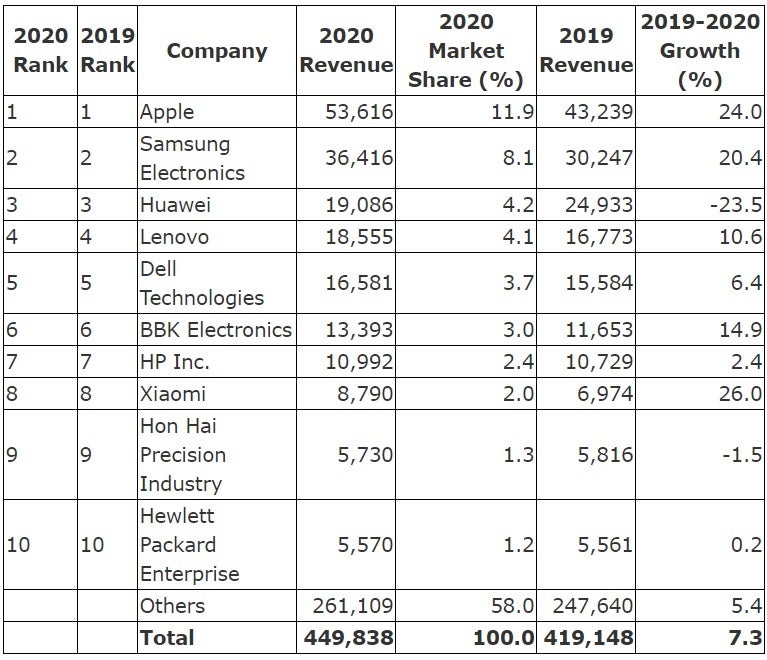
Top ten semiconductor chip manufacturers for 2020
The top ten original equipment manufacturers increased their spending on semiconductor chips by 10% in 2020 and made up 42% of the spending on these components; that was up from the 40.9% of the market that the top ten OEMs was responsible for in 2019. The OEM that showed the largest growth in semiconductor chip buying last year was China's Xiaomi, now the third largest smartphone manufacturer in the world. The manufacturer saw its chip purchases rise 26% year-over-year. Gartner, discussing Xiaomi's chip buying last year, noted that "Xiaomi’s smartphone business was minimally impacted due to its primarily online-channel-driven sales model throughout the pandemic. Sanctions on Huawei enabled Xiaomi to gain more market share in the smartphone market. Xiaomi’s strong success in a wide variety of consumer IoT devices, including smart TVs, wearables and smart home appliances, also increased its semiconductor spending in 2020. The company also began its transition to Apple silicon for its Mac product line in the second half of 2020." Apple was the first manufacturer to use a 5nm chipset in their smartphones. Packed with 11.8 billion transistors, the A14 Bionic is not only more powerful than previous A-series chips, they are also more energy-efficient. We could see Apple move to an even more powerful and energy-efficient 3nm chip in 2022 which could debut with the iPhone 14.
Apple purchased $53.6 billion in chips last year led by demand for AirPods, iPads and Macs. Gartner's Yamaji says, "Increasing demand for mobile PCs and tablets due to working from home significantly drove the production of Macs and iPads through 2020,” said Mr. Yamaji. “The company also began its transition to Apple silicon for its Mac product line in the second half of 2020." Part of the increase in chip spending is related to a rise in the price of memory chips which forced manufacturers to spend more for their supplies. And as more countries expand their 5G footprints, manufacturers are spending more as they increase the number of 5G supported handsets in their lineups. 5G modems cost more and this also resulted in additional spending by OEMs.
After Dell, BBK Electronics was sixth in semiconductor chip purchases last year. The Chinese firm makes phones under the OnePlus, Oppo, Vivo, Realme, and iQOO brands. HP finished in seventh place followed by Xiaomi, Hon Hai (aka Foxconn) and Hewlett Packard Enterprise. Overall, $449.8 billion was spent on chips last year, up 7.3% from the $419.1 billion spent on the components in 2019.
Follow us on Google News







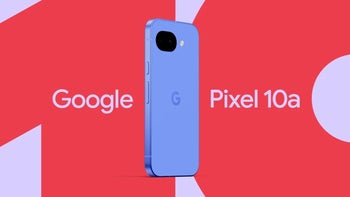
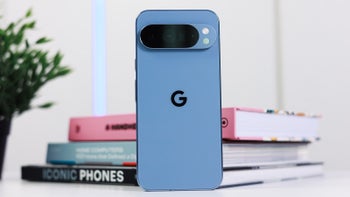
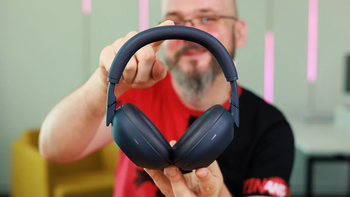
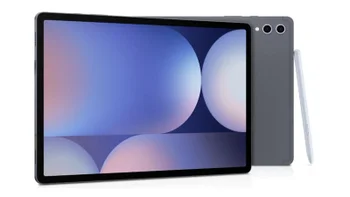

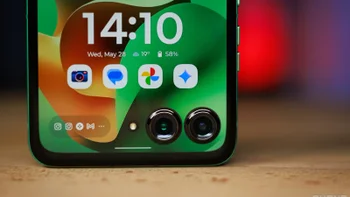
Things that are NOT allowed:
To help keep our community safe and free from spam, we apply temporary limits to newly created accounts: